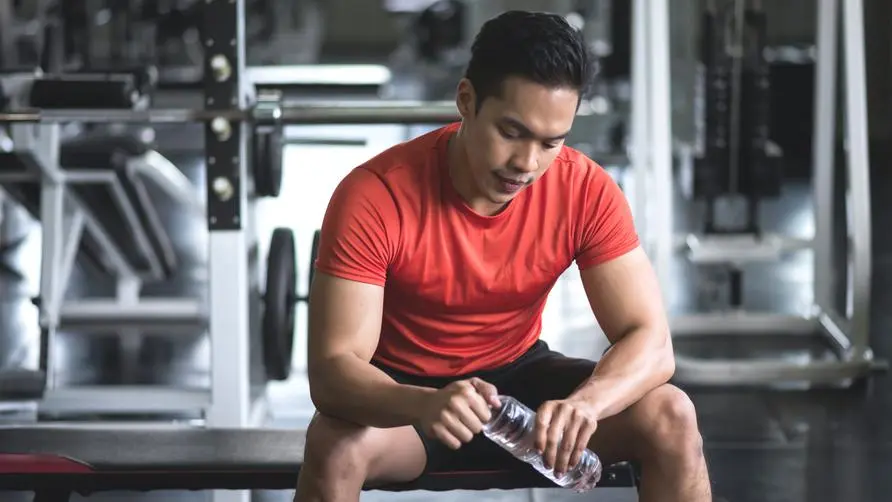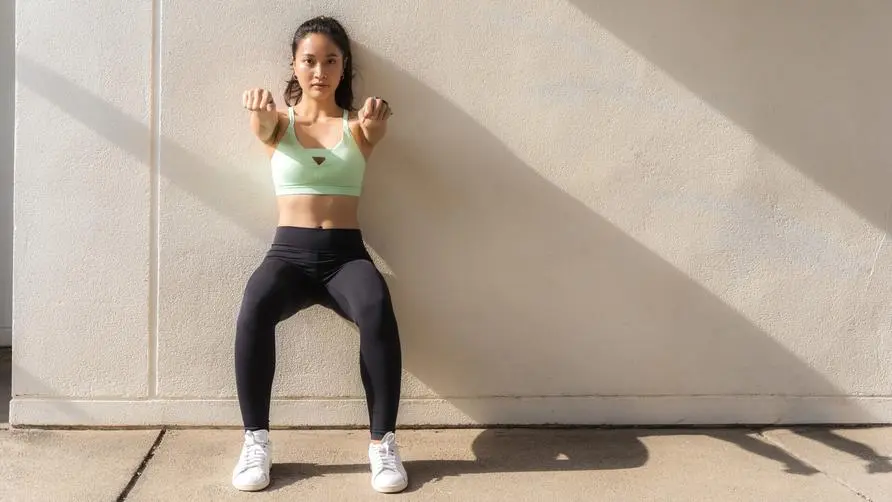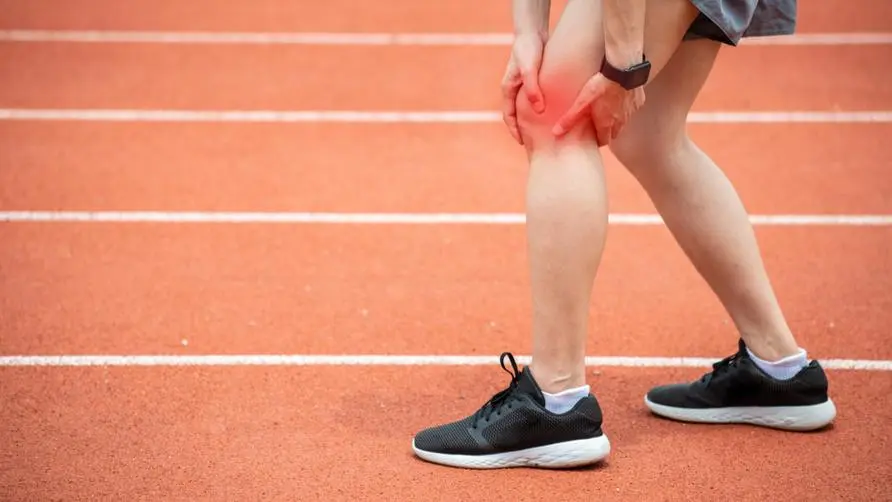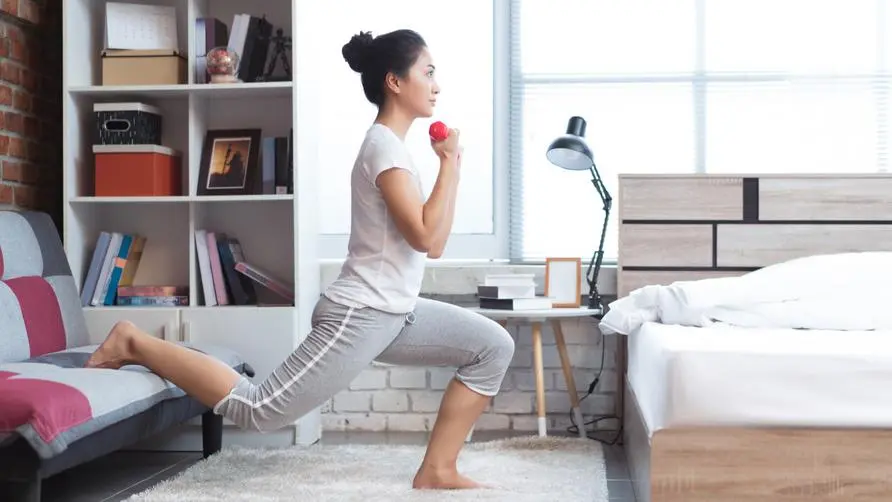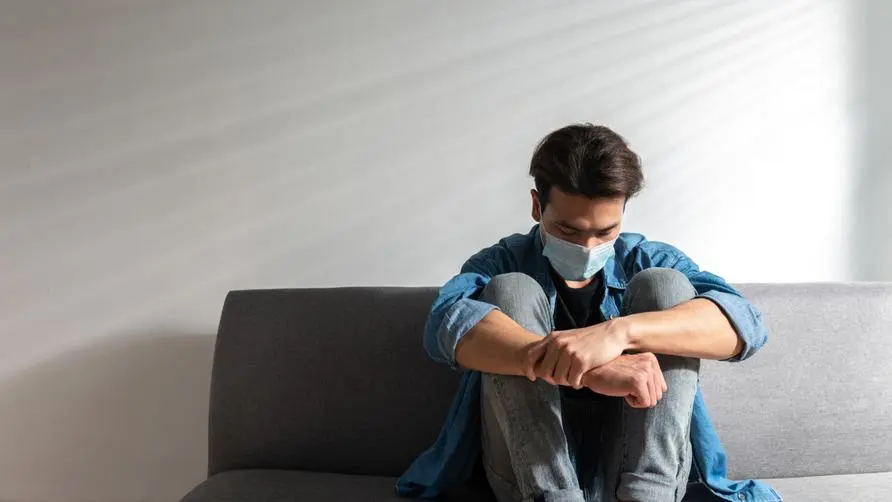Can I exercise after being vaccinated? Help increase antibody concentration in the body? Research: Time is of the essence
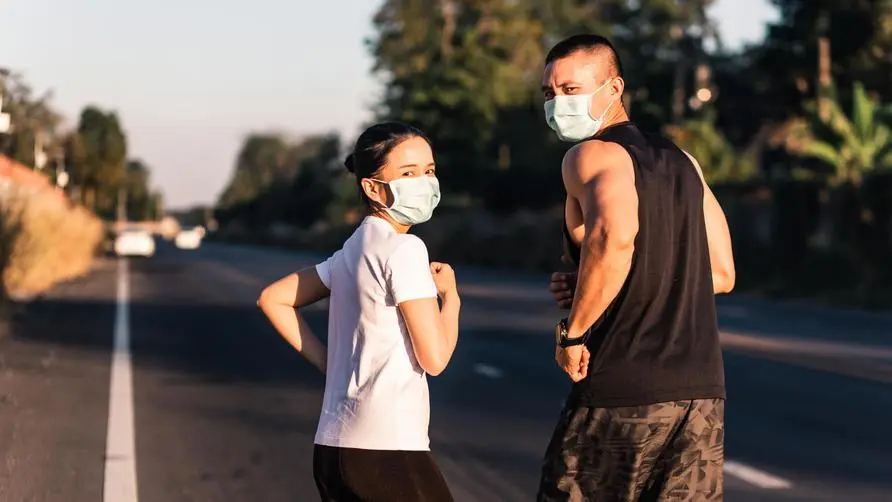
The COVID-19 epidemic has spread again in Taiwan. To avoid the risk of moderate to severe illness or hospitalization, in addition to daily epidemic prevention measures, moderate exercise to enhance cardiopulmonary function is also beneficial to the physical condition after contracting the epidemic. A recent study released by Iowa State University in the United States found that exercising for at least 90 minutes a day after vaccination will help increase the concentration of antibodies in the body and have minimal impact on the side effects of the vaccine.
Study on exercising for 90 minutes a day after vaccination: antibody concentration in the body increased significantly
The research team recruited a total of 36 subjects who had received Pfizer BNT vaccination from March to June 2021, and divided them into an “experimental group” that took more than 90 minutes of moderate-intensity exercise every day, and administered the vaccine. The “control group” who never exercised. In order to ensure accurate experimental results, the research team also conducted animal experiments to detect the reaction of mice with high mobility after vaccination.
The results of the study showed that compared with subjects who remained sedentary after vaccination, subjects who took regular exercise every week had significantly higher antibody concentrations in their bodies. In addition, in animal experiments, mice with higher activity levels also produced more antibodies in their bodies, supporting the research team’s original hypothesis.
Marian Kohut, study author and professor of kinesiology at Iowa State University, said several previous studies have confirmed that people who exercise regularly before being vaccinated have a higher antibody response. She hypothesized that exercise would create acute stress on the body, causing an inflammatory response. This response may stimulate the production of interferons and antibodies to fight the threat posed by the virus.
“Another possible reason is that exercise allows the blood and lymph fluid in the body to flow, thereby promoting the circulation of immune cells.” Kohut believes that the mechanism by which exercise increases the immune response still needs to be further confirmed by more research, but fixed exercise habits, It does have a positive impact on preventing COVID-19.
Start training immediately after getting vaccinated? American Institutes of Health: It is recommended to start with “these exercises”
Even though exercise after vaccination may increase antibodies in the body, many scholars have also shown that strenuous exercise after vaccination does not always bring positive benefits. A study published by the U.S. National Institutes of Health (NIH) pointed out that 42.8% of subjects had their headache symptoms worsened after exercise; in addition, a small number of subjects reported that the side effects worsened after exercise.
The National Institutes of Health recommends gentler exercise options depending on the type and intensity of side effects after vaccination. For example, if your arms are severely sore after getting vaccinated, but other parts of your body feel fine, you can adjust your upper-body resistance training to a leg or abdominal-focused exercise. Alternatively, if you feel tired and lethargic after receiving the vaccine, you can replace typical high-intensity interval training (HIIT) with long walks.
The U.S. National Institutes of Health stated that even if you do not experience any obvious side effects after being vaccinated, you still need to spend 1-2 days to observe your physical condition before exercising. If you are worried about your physical condition being overwhelmed, you can start with low-intensity walking, jogging, swimming or yoga.
source:
Further reading:
During the epidemic, you can only play at home all day long? American study: Not exercising on a daily basis doubles death rate from COVID-19!
